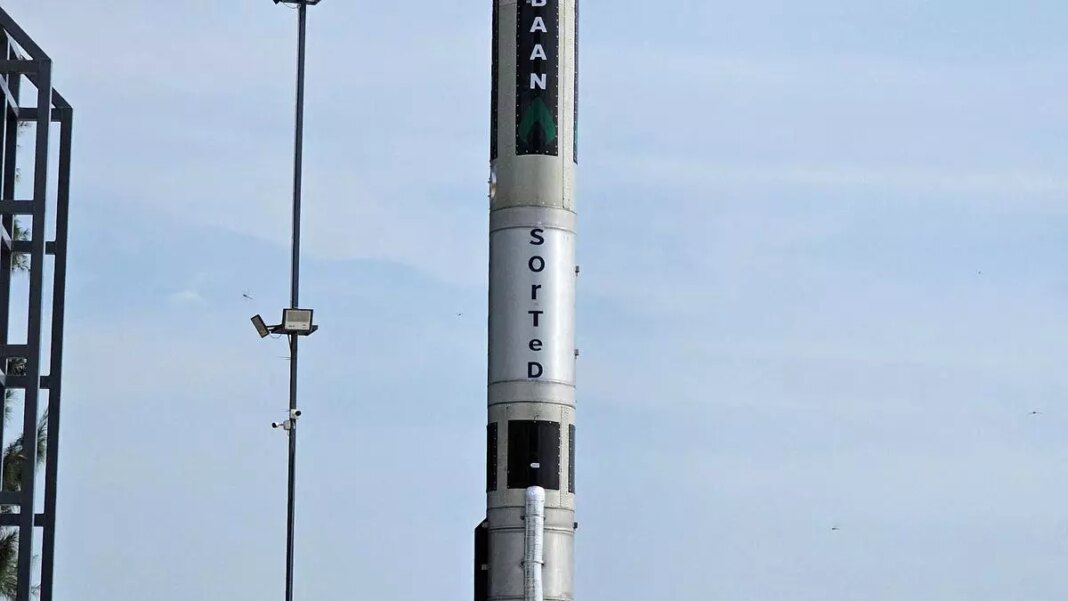In Short:
Agnikul Cosmos had to cancel the test flight of its first rocket just seconds before it was supposed to launch, making it the fourth cancellation in three months. The launch was delayed due to technical glitches and was eventually called off because of issues with igniter performance. The mission was supposed to test a new engine technology and 3D-printed parts, representing a technological advancement for India.
Launch Hiccup for Agnikul Cosmos Rocket
On Tuesday, Agnikul Cosmos faced disappointment as they had to call off the test flight of their first rocket just seconds before its scheduled launch time. This marks the fourth time in the last three months that the launch had to be canceled.
Technical Hurdles
The rocket, India’s second privately built one, was set to make history by using a unique combination of gas and liquid fuel. However, technical issues led to the cancellation of the launch three times previously, including one instance where it was called off just 90 seconds before lift-off.
The launch was initially delayed less than six minutes before the scheduled time of 5:45 a.m. IST due to a technical glitch. Officials rescheduled the lift-off for 9:25 a.m. However, five seconds before the anticipated launch, the ignition was temporarily halted to check igniter performance and ultimately had to be called off entirely.
Mission Details
The mission aimed to test a new “semi-cryogenic” engine and 3D-printed parts, with an expected duration of two minutes. This technology would have been a significant advancement for India, as the Indian Space Research Organisation (ISRO) has not yet successfully tested a semi-cryogenic engine utilizing a mix of liquid and gas for propellant.
The Agnibaan rocket by Agnikul Cosmos is a two-stage launch vehicle with the capability to carry up to 300 kg of payload to orbits about 700 km in altitude. In comparison, SpaceX’s Falcon Heavy can transport up to 63,500 kgs to low Earth orbit.
Private Space Endeavors in India
India saw its first privately developed rocket by Skyroot launched from ISRO’s site in 2022. Agnikul Cosmos, founded in 2017, operates the country’s first private launchpad and mission control center, while ISRO manages all other launch facilities.
This setback may be a bump in the road for Agnikul Cosmos, but it highlights the challenges and excitement involved in pushing the boundaries of space exploration.





